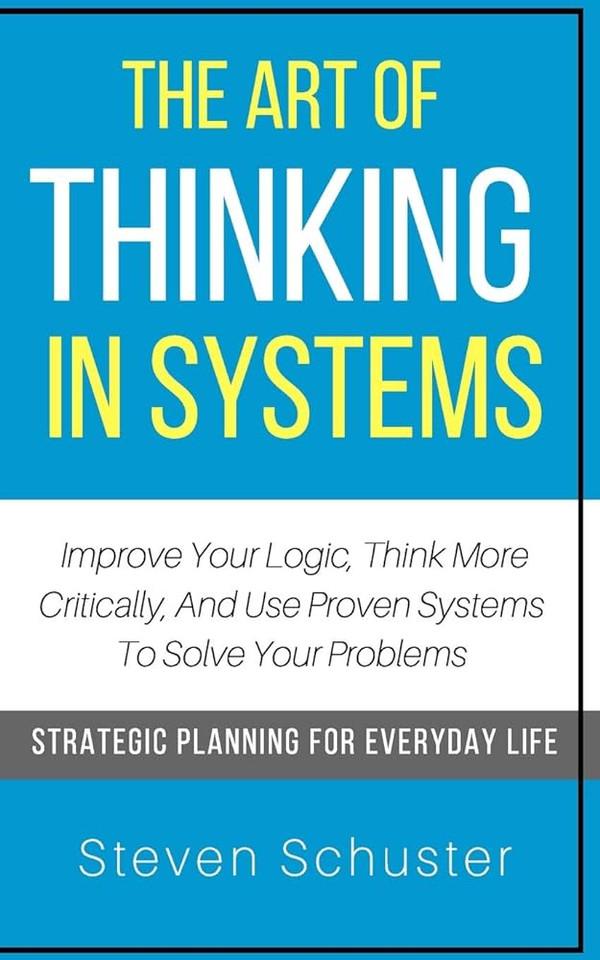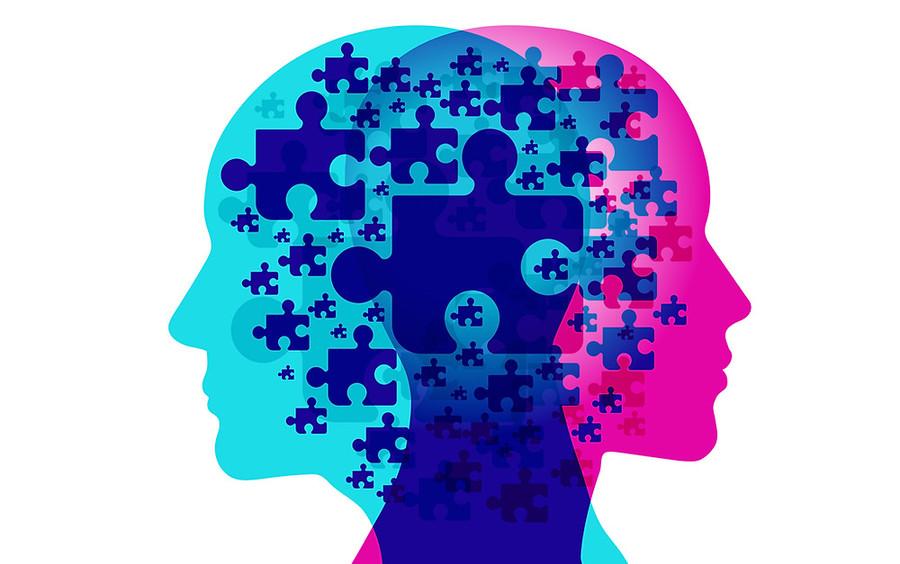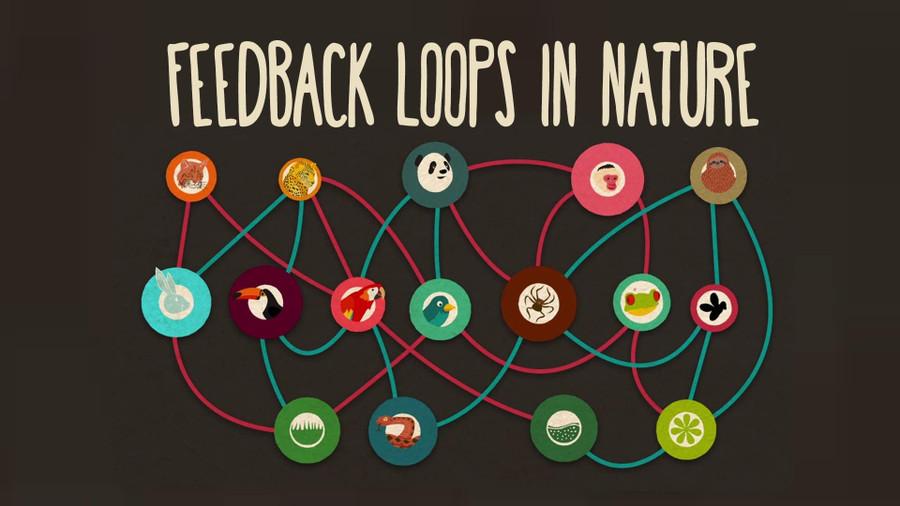Oscar Moss's Key Ideas from The Art of Thinking in Systems
by Steven Schuster
Ideas, facts & insights covering these topics:
16 ideas
·28.3K reads
128
2
Explore the World's Best Ideas
Join today and uncover 100+ curated journeys from 50+ topics. Unlock access to our mobile app with extensive features.
Systems And System Thinking
A system is anything that has interacting and interconnected parts.
The human body is an example of a system. It reacts to the environment and is composed of many interdependent parts such as the brain, digestive, and circulatory systems.
Systems thinking is the art and science of making reliable inferences about behaviour by developing an increasingly deep understanding of underlying structure.
With system thinking, it’s easier to deal with complex problems because system thinking asks that you look at the bigger picture first.
354
3.67K reads
It is impossible to know the behavior of a system just by knowing the parts that make up that system
STEVEN SCHUSTER
331
4.15K reads
The Elements of System Thinking
Systems are made up of three parts: elements, interconnections, and a function or purpose.
Elements are the actors in the system.
- Interconnections are the different relationships between the elements. In our example of the circulatory system, the relationship between the lungs and the heart is that the lungs supply oxygenated blood to the heart.
- Function or purpose is what the system delivers. The circulatory system delivers oxygenated blood to the body. That’s its purpose or function.
Anything without interconnections or purpose cannot be considered a system.
349
2.31K reads
Types of Thinking
- Linear Thinking. This involves looking for a cause and effect. It is a one-to-one solution that tells us that there is a beginning and an end to everything
- Event Oriented Thinking. This kind of thinking assumes that life is made up of a series of events and that if we change the cause, then we can change the event.
- Lateral Thinking. This is creative thinking that trains the brain to subconsciously think in a certain way.
- Critical Thinking. In critical thinking, facts are analyzed in an objective way so that judgment can be reached
- System Thinking. The study and analysis of systems.
368
2.12K reads
Levels of System Maturity
- Level 0 – Unawareness. You are completely unaware of the system thinking concept
- Level 1 – Shallow Awareness. You are aware of system thinking but do not show any depth of understanding
- Level 2 - Deep Awareness. You are aware of the key concepts of system thinking and the potential of system thinking.
- Level 3 – Novice. A novice is a person who can create their own system diagrams.
- Level 4 – Expert. An expert in system thinking can use system dynamics to create their own simulation models
- Level 5 – Guru. Gurus can teach other people to become experts in system thinking.
353
1.7K reads
How To Shift From Linear Thinking Patterns to System Thinking
The first step in shifting from linear thinking to system thinking is to ask if something is actually the problem or a symptom of something deeper.
Linear thinking focuses on solving a problem while system thinking digs deeper to see if systematic issues exist.
347
1.94K reads
Check The Nature Of Issue
- Check the amount of time and energy devoted to solving it. If you are spending more time and energy than is needed, you are likely dealing with a symptom rather than the real issue
- When people with the power to solve the issue ignore it, and would rather spend their time complaining, chances are you are dealing with a symptom of a larger problem
- If you have tried to solve the issue repeatedly but are not seeing results, or if it changes to a related issue, you have not uncovered the real problem yet.
349
1.62K reads
Ten Enemies of System Thinking
- Let’s fix it quick.
- Put a band-aid on it.
- Budgeting.
- Responding right away.
- Who cares? Being apathetic is a sign that the organization is not willing to engage in systematic thinking
- We need more information.
- When you are accused of overthinking, it shows that the other person is not willing to engage your point of view
- Forgetting everything else.
- Avoiding Conflict
- Doing it in one's own way.
353
1.58K reads
Understanding System Behaviour
- Stocks serve as the base of every system. Stocks are sorts of snapshots in time, showing a current view of the changing flows in the system. The changing nature of stocks keeps the system alive.
- Flows are actions that impact the system. Examples of flows include deposits, sales, and inventories. Flows are what get in and out of the system.
- Feedback loops keep the stock level at a certain range or allow it to increase or decrease.
- A reinforcing loop strengthens existing connections within the system while a balancing loop maintains balance within system subunits.
328
1.27K reads
Systems Errors
- When behaviour patterns of a system are stuck in time, change can be difficult and you get policy resistance.
- Policy resistance arises when the goals of the subsystems do not match.
- When the goals are inconsistent, they end up competing with each other. The system ends up being pulled in multiple directions.
331
1.2K reads
Falling Systems
Systems can be stuck in a negative loop that risks killing off the entire system. This happens when there is an erosion of goals and expectations.
One way to fight the negative loop is to maintain absolute standards no matter what happens to performance. The second way is to set performance standards that mirror the best performances from the past.
325
1.1K reads
Escalation
In terms of systems, escalation is a reinforcing loop that is created when actors try to compete to get ahead of one another.
Escalation is connected to achieving a positive goal. But when escalation erodes relationships within systems, it is not a good thing.
For instance, when businesses try to compete by lowering their price, it can lead to a dangerous escalation where everyone loses.
324
1.04K reads
The Rich Always Get Richer: The Answer To The Riddle
Winning creates a powerful feedback loop that reinforces gains that have already been achieved.
For example:
Teams that win championships receive more TV revenues and showtime. As a result, they get more fans and even more money. This allows them to buy the best players and keep winning.
336
1.16K reads
The Competitive Exclusion Principle
It is impossible to have two species living in the same ecological niche surviving on the same resources. One will be forced out.
The competitive exclusion principle explains why governments are required to intervene in markets because, without such interventions, monopolies would dominate the market.
328
1.12K reads
System Thinking in Relationships
The four communications styles that end relationships:
- Criticism. Criticism will leave your partner feeling attacked and rejected
- Contempt. Communicating with contempt leaves the other person feeling unloved and unappreciated
- Defensiveness. When we get defensive, the other party sees it as a dismissal of their concerns
- Stonewalling. Stonewalling is shutting oneself from the other. It is a refusal to engage.
338
1.13K reads
The Key To Better Relations Using Systems Thinking
Thinking of our relationship as a system and stock mean that both partners are feedback loops. We look for any changes that may have happened recently and analyze whether the system dynamics have changed.
By applying system thinking to relationship problems you will be able to take your power back and feel hopeful. One way is to recognize that things run on three different categories: physical, mental, and emotional. Solutions to relationship problems can be found in any of these areas.
329
1.14K reads
IDEAS CURATED BY
CURATOR'S NOTE
System thinking is being able to examine and analyze ourselves and things around us with the express purpose of being able to improve upon them.
“
Oscar Moss's ideas are part of this journey:
Learn more about leadershipandmanagement with this collection
Ways to counter the Great Resignation
Strategies for making better decisions
Tips for giving effective feedback
Related collections
Discover Key Ideas from Books on Similar Topics
1 idea
Hands-On Transfer Learning with Python
Dipanjan Sarkar
29 ideas
How Successful People Think
John C. Maxwell
4 ideas
Read & Learn
20x Faster
without
deepstash
with
deepstash
with
deepstash
Personalized microlearning
—
100+ Learning Journeys
—
Access to 200,000+ ideas
—
Access to the mobile app
—
Unlimited idea saving
—
—
Unlimited history
—
—
Unlimited listening to ideas
—
—
Downloading & offline access
—
—
Supercharge your mind with one idea per day
Enter your email and spend 1 minute every day to learn something new.
I agree to receive email updates











